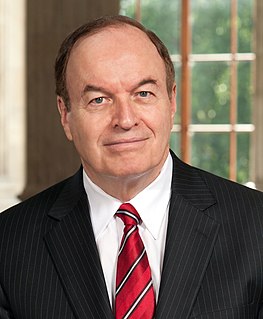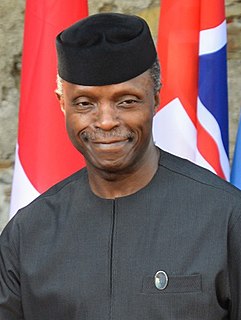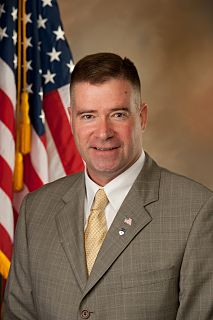A Quote by N. Chandrababu Naidu
High-level corruption, inefficiency, non-governance, and policy paralysis have crippled the nation's economy.
Quote Topics
Related Quotes
In 2010, Republicans took control of politics in Alabama by advocating for increased transparency and an end to government corruption, but instead of ending it, they have raised the level of corruption to the point that the stench of dishonesty fills the air, decadence drives policy, and bribery is the norm in Montgomery.
Since my election to Congress, I've always been interested in human rights. I really do believe that's America's strength. Yes, we have a strong military; yes, we have a strong economy. But what really makes America the unique nation it is, is that we speak up about human rights, and anti-corruption, and good governance, and democratic institutions. That's what America is known for. That's what inspires people around the world with U.S. leadership.
They'll [China] probably be a fully developed nation. The road there just is not going to be that easy. You're going from a macromanaged, top-down economy to a market-managed, micromanaged type of economy, with all the potential corruption issues, SOE [state-owned enterprise] reform, and market reform that come with it.
We've seen over time that countries that have the best economic growth are those that have good governance, and good governance comes from freedom of communication. It comes from ending corruption. It comes from a populace that can go online and say, 'This politician is corrupt, this administrator, or this public official is corrupt.'
I just think, realistically, there's a lot of room outside the Trump populist right and the Bernie-Sanders-Elizabeth-Warren populist left. There are a lot of us who believe in open trade, open borders, a dynamic forward-looking economy, not a nostalgic economy, but do want to provide a significant level of social service or sort of economic Milton Friedman foreign policy, Ronald Reagan domestic policy, Franklin Roosevelt. And there's a lot of room in the center.





























